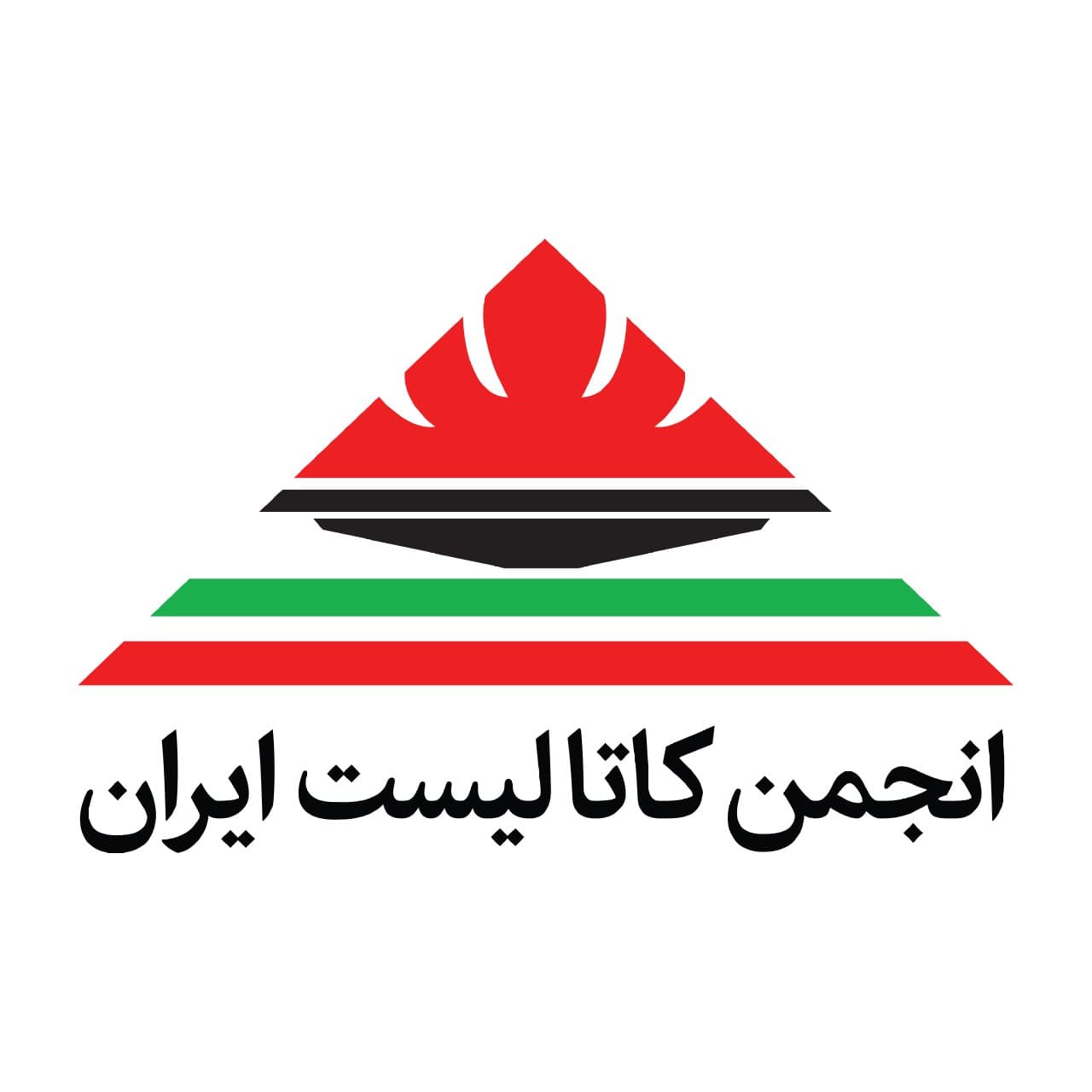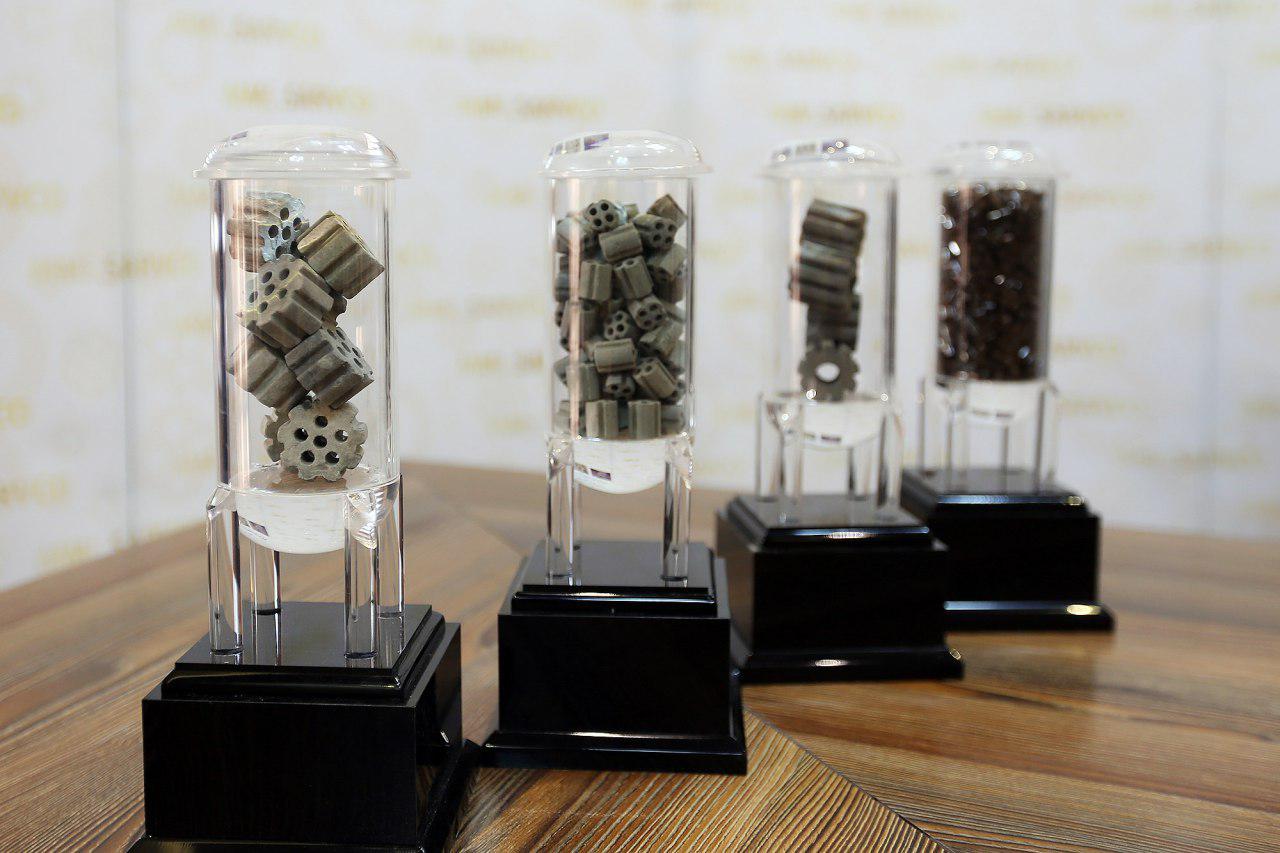The increase in the capacity of refining and petrochemical complexes in the country over the past years has increased the demand for the required catalysts, and this industry should be supported in the country against the world’s great giants for its localization inside. Abdolreza Hamidi, Vice President of the Iranian Catalyst Association, said in an interview with Jahan-e-Eqtesad: “Catalysts, in fact, play the role of accelerating chemical reactions that may naturally take many years to complete and cause high There is a dramatic increase in the productivity and production of chemical products. He added: “The importance of producing catalysts is such that it can be said that some chemical reactions in practice are not performed without their presence and no product is produced.” “The catalyst only changes the reaction rate, without altering the equilibrium and thermodynamics, and a catalyst reduces the activation energy by changing the reaction path, leading to an increase in reaction rate,” he said.
Catalyst Global Market
Referring to the global catalyst market, Hamid noted: The study of the global catalyst market noted: The study of the global catalyst market shows that in recent years, the highest growth of catalyst consumption to countries such as China and the Middle East due to increased oil refining capacity and production Petrochemical products have been in these areas. He continued: “The results of this study show that in Iran, considering the existing installed capacities and future plans, about 29,000 tons of catalysts worth approximately $ 692 million are needed in the petrochemical and refining industries of the country.” Currently, most of the needs of these industries are met through imports. The Vice President of the Iranian Catalyst Association told our correspondent: “The experience of recent years shows that in the conditions of sanctions, the replacement of this vital substance is not easily possible and as a result, its import is a vulnerable bottleneck to put pressure on the country.” In this regard, European and Japanese-American producing countries can refuse to sell catalysts for butane, polyethylene, ethylene oxide units to Iran and do not supply the required catalyst for Fcc, Rfcc gas stations of Abadan and Arak refineries during the years of 1991. 90 by the American technology company, which caused many problems and, most importantly, delays in the operation of these two strategic units of the country’s oil refining industry. He added: “In addition to these cases, there are several examples that show that in special circumstances, the purchase of catalysts required by the petrochemical industry and refining from foreign companies is facing many problems.” Hamidi added: “Before some of the catalysts and adsorbents were localized, the entire industry of the country depended on less than 14 European and American manufacturing companies that exclusively controlled the pulse of international markets, and Iran’s first industrial catalyst with Iranian knowledge and equipment reached mass production. He emphasized: “Maybe it is not more than 10 to 12 years and this unequal competition for Iranian companies against the great giants of the world with a history of nearly two centuries that had high bargaining power was very difficult and exhausting, but, in the end with Efforts Finally, a number of catalysts were localized and marketed. According to him, now without serious support and in some cases even a lot of stoning, the spell of this strategic and important product has been broken and this great event is only due to the will of a few Iranian researchers and producers with an invincible heart and soul. They gave up their property and families in the hope of achieving the pride of localization and self-sufficiency. But there was no reward. Hamidi, pointing out that they were deprived of tax exemption for knowledge-based and high-tech products, said: “Consequently, according to the latest statistics, Iran is one of the big countries that is brainwashed and ignores the elites, which are the national assets of each country.” They are coming, it has a high rank and it has practically become an exporter of thoughts and ideas, and so far no specific strategy has been defined, and the broad and long system of government is still slowly evacuating the elite and fleeing to any country other than Iran. Is. “The global market for catalysts in 2017 is estimated at more than $ 44 billion, of which $ 25 billion is related to catalytic converters used to reduce emissions of automotive and industrial pollutants and about $ 19 billion,” he said. Regarding process catalysts, “it is worth noting that of the $ 25 billion, about $ 23 billion is related to converters used in the global automotive industry.”
The situation of the catalyst industry in Iran
Referring to the situation of the catalyst industry in the country, he stated: At present, the oil and gas condensate refining capacity of the country is about 1,850,000 barrels per day and the production capacity of petrochemical products in 2016 is equal to 61.9 million tons and its production performance is 50.6 tons. Has been. Hamidi added: “Increasing the capacity of refining and petrochemical complexes in the country during the past years has increased the demand for catalysts needed by the country.”
Pathology of the catalyst industry in the country
Vice President of the Iranian Catalyst Association stated: The catalyst industry in the country includes the lack of strategy for practical and competitive development of the country’s catalyst industry, the country’s dependence on foreign process technology owners and disregard for the role of these companies in the catalyst market, lack of support mechanisms. Domestic manufacturers and dumping issue. He said that the forecast of the total nominal capacity of current and future consumption of catalysts required by the country such as petrochemical polymer, non-polymer petrochemical, petrochemical and gas refinery by 1404, 28 thousand and 839 tons per year and its total price based on current and future consumption $ 692 million. In the end, he said: “Catalysts are among the most widely used materials in the oil, gas, petrochemical and steel industries, which have used more than 90% of the volume of chemical products produced in the world in the production process of at least one type of catalyst.”

